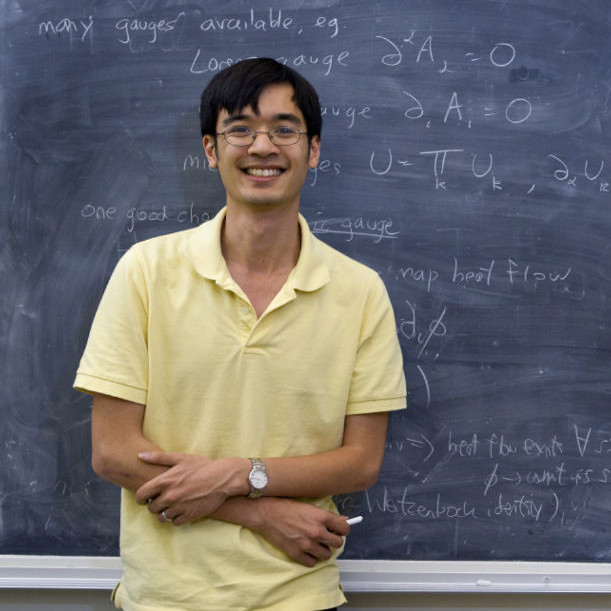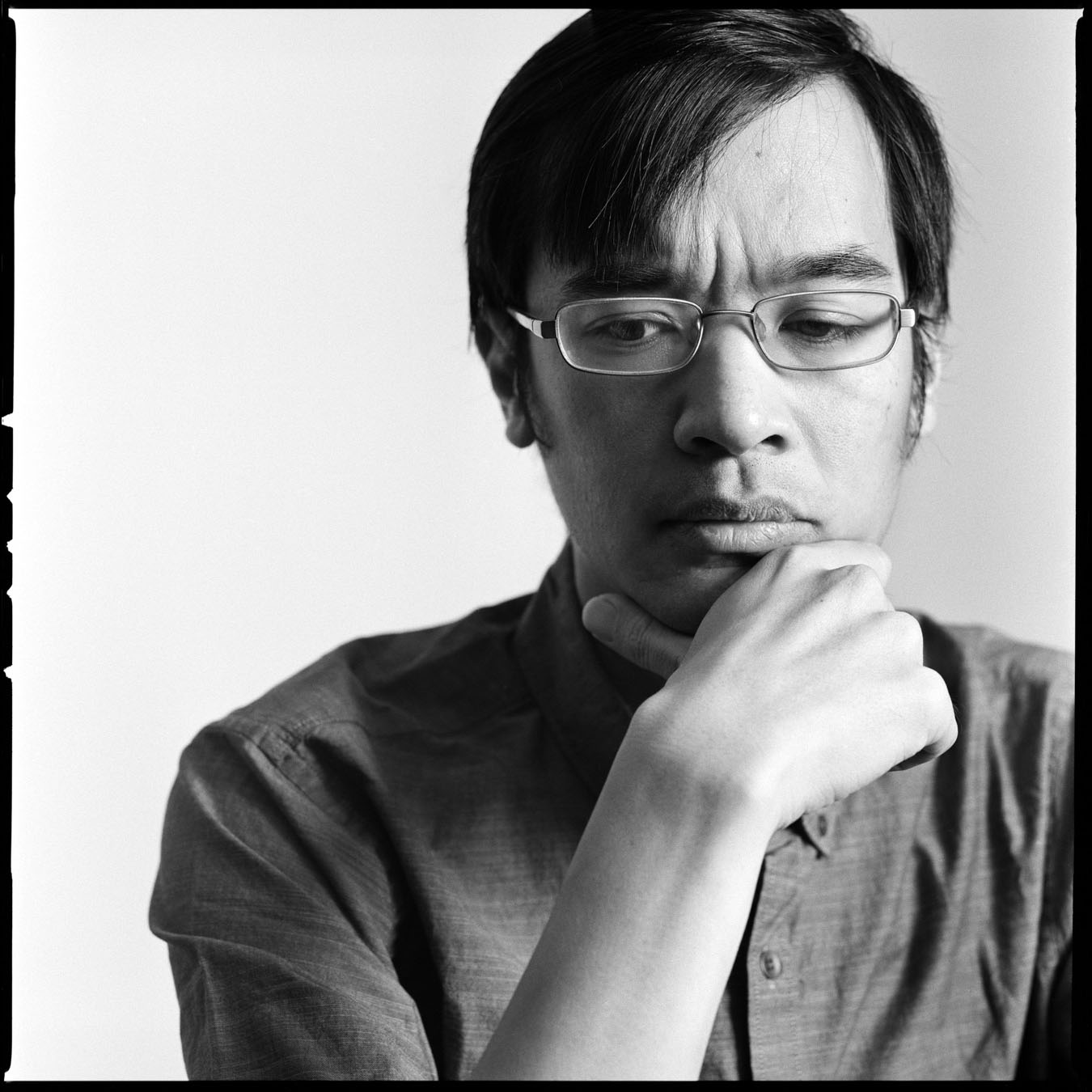

UCLA promoted him to full professor at age 24. from Princeton University, and he joined UCLA’s faculty that year. Tao, now 31, was 20 when he earned his Ph.D. By 11, he was thriving in international mathematics competitions.

He started to learn calculus when he was 7, at which age he began high school by 9 he was already very good at university-level calculus. Tao’s genius at mathematics began early in life. Along with Tao, the Fields Medal also was presented to Andrei Okounkov, professor of mathematics at Princeton University Grigori Perelman, formerly a Miller Fellow at University of California, Berkeley and Wendelin Werner, professor of mathematics at the University of Paris-Sud in Orsay. Like the summer Olympics and the World Cup, the Fields Medal is awarded every fourth year. He combines sheer technical power, an other-worldly ingenuity for hitting upon new ideas, and a startlingly natural point of view that leaves other mathematicians wondering, ‘Why didn’t anyone see that before?’” “He’s a magnet attracting the best students the same way John Wooden attracted outstanding basketball players.” Chan said he is known as “the dean of the university where Terry Tao works.” He described the International Congress of Mathematicians as “the World Cup or Olympics of mathematics.”Ĭhristoph Thiele, UCLA professor and chair of the mathematics department, said outstanding graduate students from as far as Romania and China, as well as throughout the United States, have come to UCLA for the chance to study with Tao.īorn and raised in Adelaide, Australia, Tao was awarded the Fields Medal “for his contributions to partial differential equations, combinatorics, harmonic analysis and additive number theory.” In honoring Tao, the organization said, “Terence Tao is a supreme problem-solver whose spectacular work has had an impact across several mathematical areas. “The best students in the world in number theory all want to study with Terry,” Chan added. What is also amazing is that Terry is still so young. The way he crosses areas would be like the best heart surgeon also being exceptional in brain surgery. People all over the world say, ‘UCLA’s so lucky to have Terry Tao.’ He has solved important problems in several areas of mathematics that have stumped others for a long time. “Someone like Terry comes along once every few decades. “I’m not surprised,” said Tony Chan, dean of the Division of Physical Sciences and professor of mathematics. Terry can unravel an enormously complicated mathematical problem and reduce it to something very simple.” He’s an incredible talent, and probably the best mathematician in the world right now. Mathematicians with Terry’s talent appear only once in a generation. “Terry is like Mozart mathematics just flows out of him,” said John Garnett, professor and former chair of mathematics at UCLA, “except without Mozart’s personality problems everyone likes him. In the 70 years the prize has been awarded by the International Mathematical Union, only 48 researchers ever have won it. Levi L.Terence Tao became the first mathematics professor in UCLA history to be awarded the prestigious Fields Medal, often described as the “Nobel Prize in mathematics,” during the opening ceremony of the International Congress of Mathematicians in Madrid on Aug. Inverse scattering, nonlinear Fourier transforms, and integrable systems for rough data.Representation and symplectic theory of U(n) honeycombs.Arithmetic combinatorics and connections with number theory and ergodic theory.Oscillatory integrals and Kakeya maximal functions.

Three regularity results in harmonic analysisĬonvolution operators generated by right-monogenic and harmonic kernels Terence Tao also currently holds the James and Carol Collins chair in mathematics at UCLA, and is a Fellow of the Royal Society, the Australian Academy of Sciences (Corresponding Member), the National Academy of Sciences (Foreign member), and the American Academy of Arts and Sciences.

He has received a number of awards, including the Salem Prize in 2000, the Bochner Prize in 2002, the Fields Medal in 2006, the MacArthur Fellowship in 2007, the Waterman Award in 2008, the Nemmers Prize in 2010, the Crafoord prize in 2012, and the Breakthrough Prize in Mathematics in 2015. Tao's areas of research include harmonic analysis, PDE, combinatorics, and number theory. He has been a professor of mathematics at UCLA since 1999, having completed his PhD under Elias Stein at Princeton in 1996. Terence Tao was born in Adelaide, Australia in 1975. Vitae and Bibliography for Terence Tao Last updated: Short biography


 0 kommentar(er)
0 kommentar(er)
